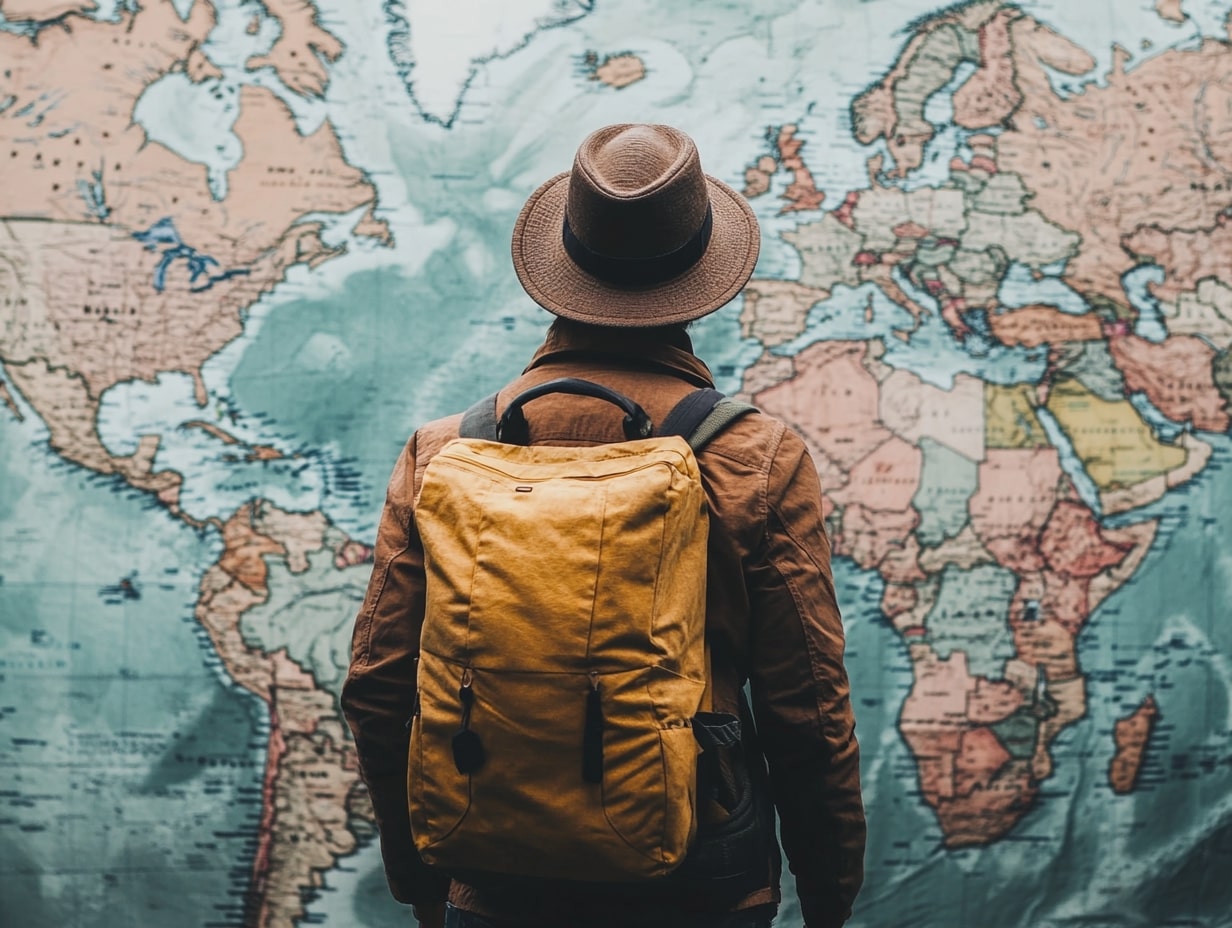A recent study by Edith Cowan University (ECU) shows that travel can slow down premature aging by enhancing mental and physical health. Discover how exploring new places and engaging in travel activities contribute to improved well-being, backed by scientific evidence.
Looking to slow down the aging process? Planning a travel journey might be your best bet. Research from Edith Cowan University (ECU) in Australia has shown that travel could be a powerful tool in defying premature aging. Here’s how taking a break and exploring new places can benefit your health.
The Entropy Theory and Aging
A recent study by ECU applied the theory of entropy to tourism, revealing that travel could positively impact your health and slow down aging. Entropy, a concept from physics, refers to the universe’s tendency towards disorder and decay. In this context, positive travel experiences might counteract this trend by reducing entropy and improving overall health.
ECU PhD candidate Ms Fangli Hu explains that while aging is an irreversible process, it can be slowed down. “Tourism isn’t just about leisure and recreation. It could also contribute to people’s physical and mental health.”
Tourism often introduces people to new environments and relaxing activities, which can stimulate stress responses and boost metabolic rates. These novel settings positively impact metabolic functions and enhance the body’s self-organizing capabilities. Additionally, such experiences may activate an adaptive immune system response, further benefiting overall health.
Benefits of Travel on Physical and Mental Health
Traveling immerses you in novel environments, which can provide numerous health benefits. The exposure to new surroundings can stimulate your stress response and elevate metabolic rates, positively influencing your body’s self-organizing systems. Engaging in physical activities such as hiking, walking, and cycling while traveling further boosts metabolism and energy expenditure, supporting these self-organizing processes. Additionally, positive social interactions and emotional experiences gained during travel can significantly enhance your overall well-being.
Ms. Hu notes that leisure travel activities can alleviate chronic stress, balance the immune system, and relieve muscle tension, helping maintain metabolic balance and effectiveness of the body’s anti-wear-and-tear systems.
“Leisurely travel activities might help alleviate chronic stress, dampen overactivation of the immune system, and encourage normal functioning of the self-defence system. Engaging in recreation potentially releases tension and fatigue in the muscles and joints. This relief helps maintain the body’s metabolic balance and increases the anti–wear-and-tear system’s effectiveness. Organs and tissues can then remain in a low-entropy state,” Ms Hu explained.
Potential Challenges of Travel
While travel offers numerous benefits, it’s important to recognize potential challenges. Researchers have noted that tourists may encounter health risks, including infectious diseases, accidents, and safety concerns.
“Conversely, tourism can involve negative experiences that potentially lead to health problems, paralleling the process of promoting entropy increase. A prominent example is the public health crisis of COVID-19.”
Traveling is more than just a leisure activity; it can be a crucial element in slowing down the aging process and enhancing overall health. By exposing yourself to new environments, engaging in physical activities, and fostering positive emotions, you can potentially reduce entropy and improve well-being. However, it’s important to stay mindful of the potential risks and plan your travels wisely.



